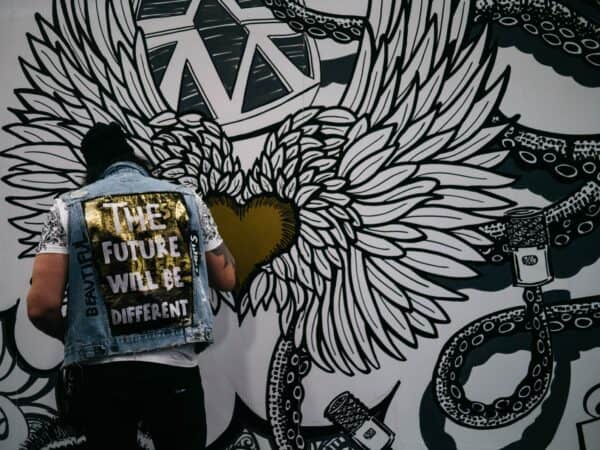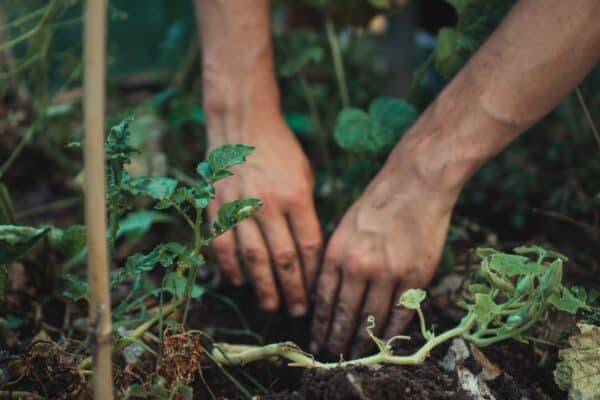The thing we often crave more than anything else is to be seen for who we truly are, yet it’s also the thing that we are the most fearful of : deep down we believe that when people actually come to see us for who we truly are, they will find us unlovable and therefore reject and abandon us.
At the heart of it is a fear of not having enough or being enough. Of not belonging to our human family.
The hard truth is this: some people will.
Some people will reject and abandon us when we shine and share ourselves in our true colours. When we set boundaries. When we declare how we really feel and think about things. What we stand for and take a stand for.
Stepping out in our true colours can lead to significant shifts in our personal and professional relationships. Sometimes we may no longer recognise the people close to us.
Remember, in a loving and secure relationship there will only be celebration and joy when we share more of ourselves.
Micro aggressions, gas lighting and power-over tactics such as giving mixed messages or avoiding talking about how they really feel about you sharing yourself in a bigger way, are all done with the conscious or unconscious intention of minimising you and keeping you playing a role that serves them.
Any of these is always a sign that the person feels threatened and behaving in fear:
- Jealousy and comparison come from a fear of not being enough and not having enough
- Fear of abandonment (to be left behind if you go new places) comes from a fear of not being loveable
- Fear of engulfment (that someone is going to ‘take over’) comes from a fear of not being seen or heard
- Shame (fear of what others will think) comes from a fear of not belonging
Here are 5 examples of how jealousy, fear of abandonment and engulfment, and shame can express themselves in a personal or professional relationship when we step out to shine and share ourselves more fully. These are all based on the feedback from working with hundreds of changemakers, healers and creatives over many years, as they practised stepping out in their authentic leadership:
- Being told we are being egocentric, needing external validation or adoration when we simply want to, or do share our heart in a bigger way in service of others and our own wholeness. It could be in a group, on social media or by launching a project/ business/ website.
- Non-verbal communication indicating that we are seen as “too much”.
- Silent treatment: giving no response or acknowledgment when sharing about our latest heart-centred expression. Pretending they didn’t see or take note of our latest share/ project/ launch.
- Breadcrumbs: feeding you the occasional celebratory comment to make you believe they feel good about us shining brighter. These moments become dopamine hits for us which means that we stay in the relationship even though we are not fully celebrated for who we are.
- Being told that you are greedy and self-indulgent: perhaps they will tell us that we do such a good job and make such a great contribution in our current role or place in life: why do you need more? why do you need more self – expression? they may ask. All to keep the status quo that serves them.
Do you recognise any of them?
Have you ever experienced any of them or other types of pushback in either your personal or professional life?
Part of being willing to no longer hide is letting go of – to shed – people and contexts in our lives that were once our world. And that is also hard. Saying our loving no’s and loving people from afar can be a heartbreaking process. And yet a necessary one.
Having the courage to stand alone is, in fact, an essential part of authentic leadership. Because in that moment we are no longer afraid of losing everything in the name of being true to ourselves, we not only set ourselves free, but we also allow others to finally see us.
We allow the RIGHT people to see us.
Clearly. Fully.
Which means that we are far more likely to find deeper and more meaningful relationships than we’ve ever experienced before.
People who are open and ready to weave with us in loving, creative and supportive ways, in the knowledge that in the great web of life, there is room for us all to shine, thrive and express ourselves for both the benefit of all, and the sheer joy of it.








